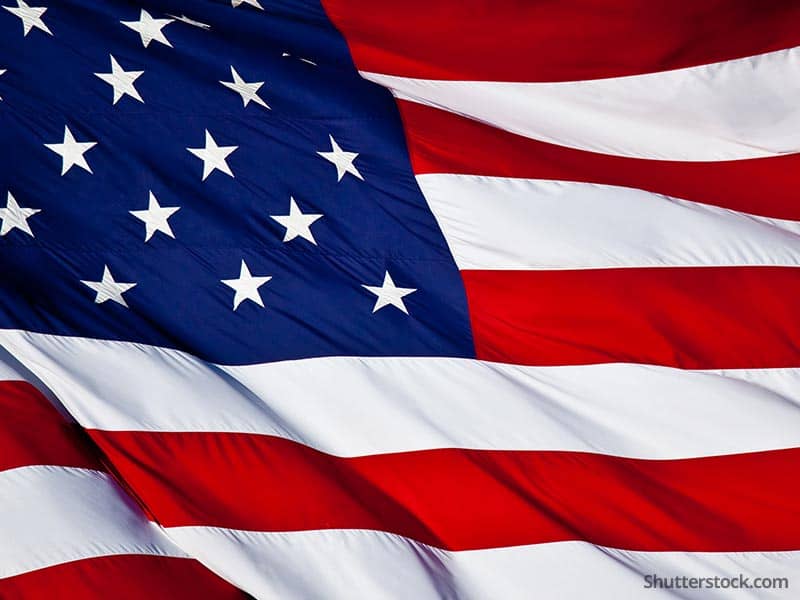General Patton and Desmond Doss
World War II saw some incredible events come about because of what could only be divine intervention. The Dunkirk evacuation was
rightly described as a miracle, and the plans for the M-9 anti-aircraft guns that eventually brought down Nazi V-1 buzz-bombs literally came to a
young man who worked with recording equipment in a dream. The U.S. carriers were kept from returning to Pearl Harbor in December 1941 due to an unexpected storm, and the USS Enterprise was at one point the only active U.S. carrier in the Pacific but managed to survive so much damage, including multiple bomb hits and a broken rudder, that
the Japanese called her the “Grey Ghost.”
Two of the best known moments of faith, however, belonged to two people about as far apart on the chain of command as possible, General George S. Patton and Private Desmond Doss. General Patton is not someone most people would picture when asked about a devout man, but Patton apparently had God’s ear during the Battle of the Bulge. Called Patton’s finest hour, Patton turned his troops nearly 90 degrees in order to rescue trapped American Brigadier General Anthony McAuliffe and his troops in Bastogne. Patton, however, was stymied by truly horrid weather. In a move straight out of the Bible, Patton ordered Third Army chaplain Colonel James O’Neill to draft a prayer that would break up the weather. O’Neill, somehow, managed. His prayer was printed on hundreds of thousands of wallet sized cards and distributed to the soldiers. Impossibly, the weather cleared. Had Patton not been able to retake Bastogne, the Allied forces would have faced a significant setback and stopped their advance to the west. Simultaneously, the Allied logistic base would have been crippled, and German units would have been able to stop battling the Allies to the west and instead attack the Soviets to the east. Instead, Patton, with a bit of divine help, barreled into the Germans with 200,000 men and 200 tanks.
Private Desmond Doss was less important in terms of affecting the overall war, but his story is no less stunning for its show of faith. Doss willingly entered military service but refused to kill enemy soldiers due to his religious beliefs. Instead, he entered the battlefield without a weapon to serve as a medic. During the Battle of Okinawa, he saved between 50 and 100 wounded infantrymen by himself while atop Maeda Escarpment, also known as Hacksaw Ridge.

